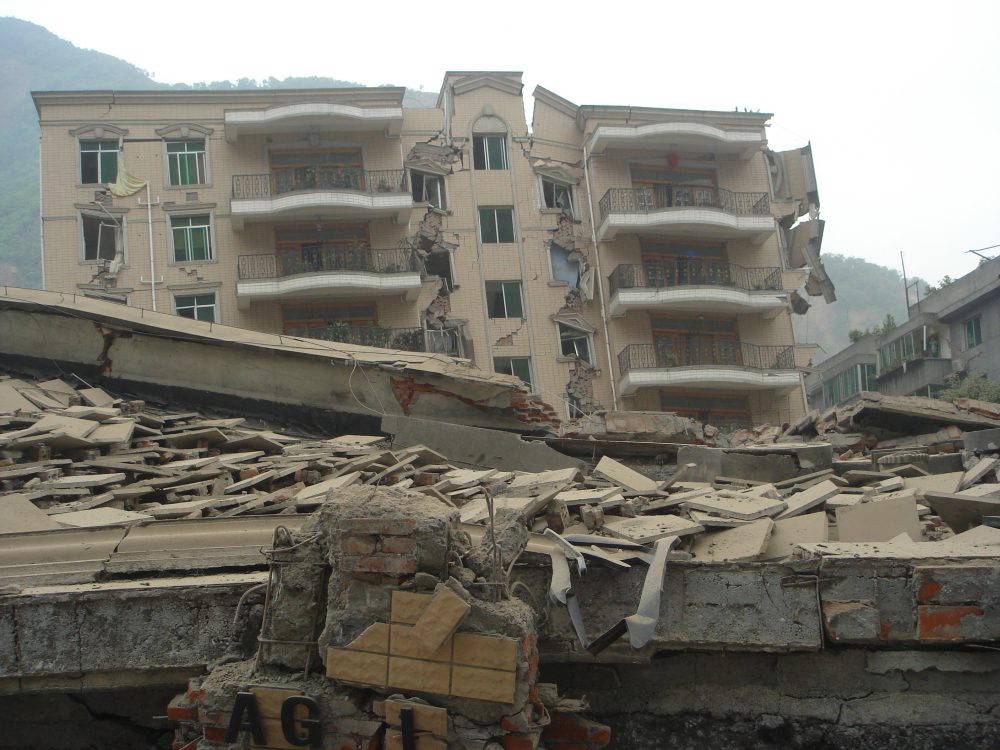The challenges posed by global warming and the greenhouse effect deeply concern humanity. One major issue is the increase in natural disasters, often leading to the loss of hundreds of lives. However, a potential solution may be on the horizon, thanks to innovative software developed by civil engineers at Monash University.
Breakthrough in Disaster Management Technology
Instances of severe weather, including intense rainfall, prolonged droughts, powerful cyclones, and devastating tsunamis, have the potential to cause significant casualties. Furthermore, these events can trigger secondary calamities such as avalanches, landslides, and forest fires, amplifying the overall impact. The well-being of many communities remains at risk due to these interconnected hazards.
Civil engineers from Monash University have developed a groundbreaking software known as GeoXPM. This software can not only forecast the location of potential geo-disasters but also evaluate how these events will affect the surrounding environment, enabling measures to reduce their impact. It goes further by suggesting actions to prevent loss of life and minimize damage to property.
Preventing Severe Damages
GeoXPM employs advanced computing and predictive modeling to forecast geologically-driven disasters and their impacts. This information empowers authorities and planners with essential data to formulate efficient strategies for protecting lives and reducing property destruction.
Amidst increasing global warming-induced disasters like mudslides and storms, the tool’s emergence holds immense significance. These disruptive events not only result in significant harm but also lead to financial liabilities for resource companies.
Consequently, the software model can serve insurance companies and local authorities, enabling them to prevent severe damages and save lives. With climate change taking an escalating toll despite substantial mitigation efforts, tools like these could prove decisive in preserving lives.
Such innovations might equip humanity to confront the dire impacts of global warming while curbing death tolls and habitat destruction.







